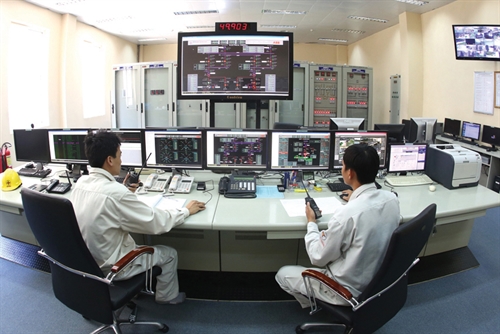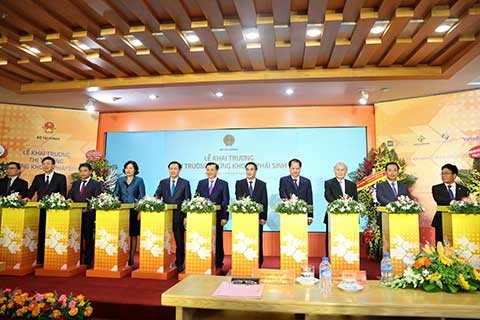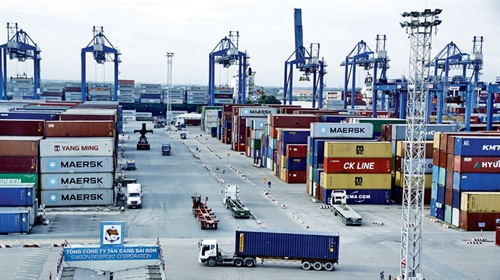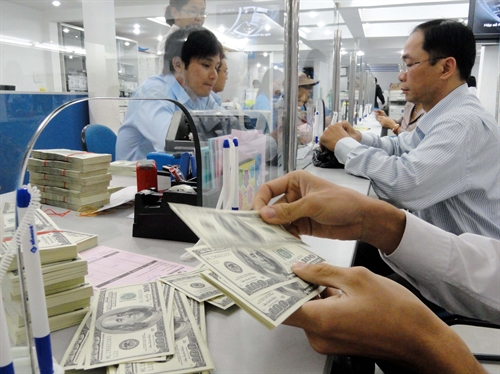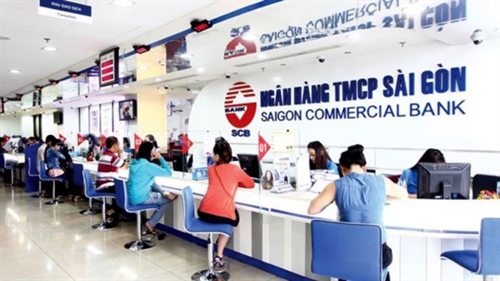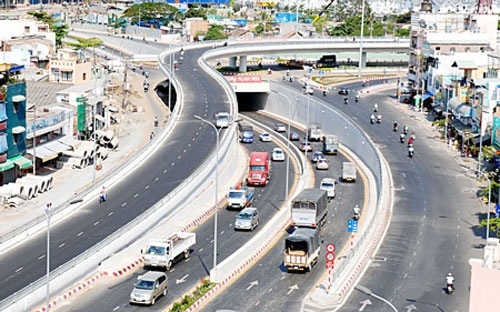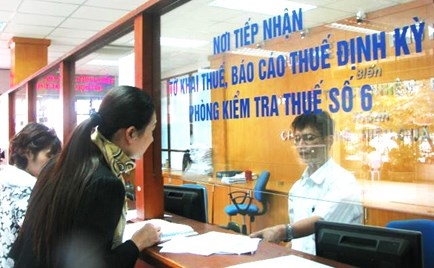Deputy Prime Minister Vuong Dinh Hue has given his opinions on the proposal to revise five tax laws.
At a recent meeting on the contents of the draft law revising the Value-Added Tax Law, Excise Tax Law, Enterprise Income Tax Law, Personal Income Tax Law and Royalties Law, Hue asked the Ministry of Finance to consider the draft law’s compatibility with the Law on Support for Small- and Medium-Sized Enterprises and Investment Law when adding purposes to the draft law.
He asked the ministry to revise some provisions of the Law on Value-Added Tax concerning agricultural products exempted from tax payment declaration, increasing the current VAT rate of 10 percent to 12 percent on VAT-liable goods and services, and declining to apply preferential VAT to some categories of goods and services.
Concerning the Excise Tax Law, he requested the ministry to consult the Ministry of Industry and Trade on excise tax calculation prices for passenger cars with nine seats or less.
Regarding the Corporate Income Tax Law, he asked the ministry to take into account the Law on Support for Small- and Medium-Sized Enterprises, including the regulations on taxation of revenues from real estate transfer, in which a loss may not be calculated when summing up businesses’ taxable income.
With respect to personal income tax, He agreed with the ministry’s proposals to reduce the current personal income tax rates to five progressive ones, with larger differences between the lower tiers, and round up the minimum taxable income amount to ten million Vietnam dong.
Specifically, the ministry proposed application of the personal income tax rate of 5 percent, 10 percent, 20 percent, 28 percent or 35 percent to persons earning a monthly income of up to VND 10 million (USD 445), between over VND 10 million and VND 30 million (USD 1,336), from over VND 30 million to VND 50 million (USD 2,227), between over VND 50 million and VND 80 million (USD 3,563), or more than VND 80 million, respectively.
The Ministry of Finance was tasked by the Deputy PM to reach agreement with the Ministry of Natural Resources and Environment and Ministry of Industry and Trade on amendments to the Royalties Law.
He explained that since tax laws were crafted to suit the country’s global integration and economic growth goals, they must create a balance between state budget revenues and expenditures, especially in the context of possibly decreasing exports due to coming free trade agreements, and ensure a readily mobilized capital flow and guard against tax base erosion.- (VLLF)
